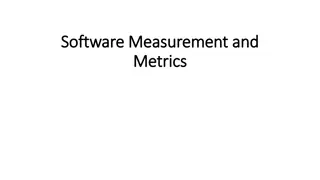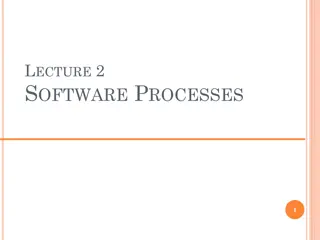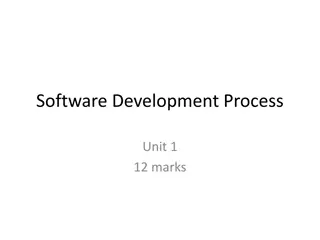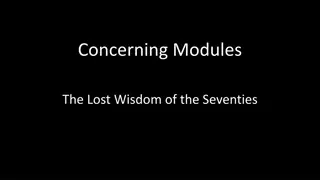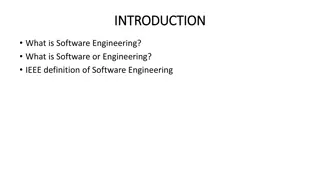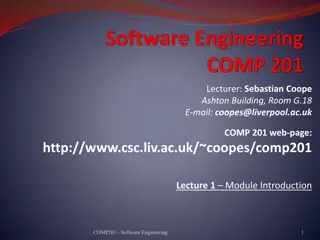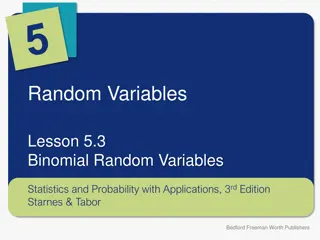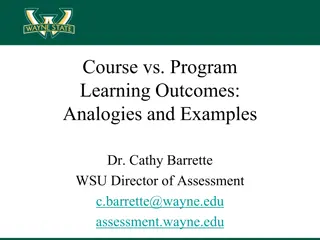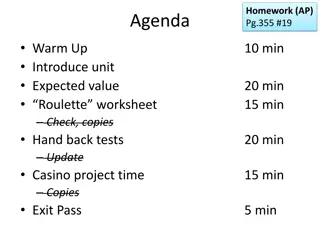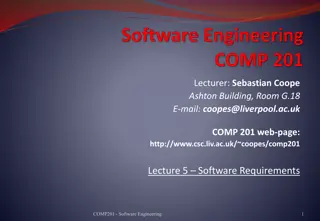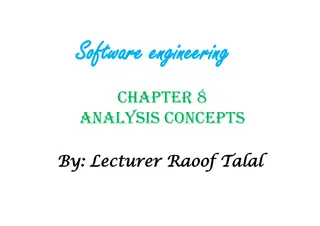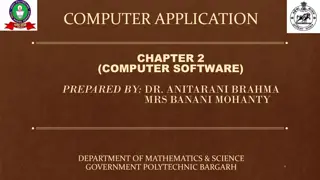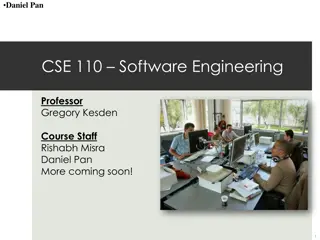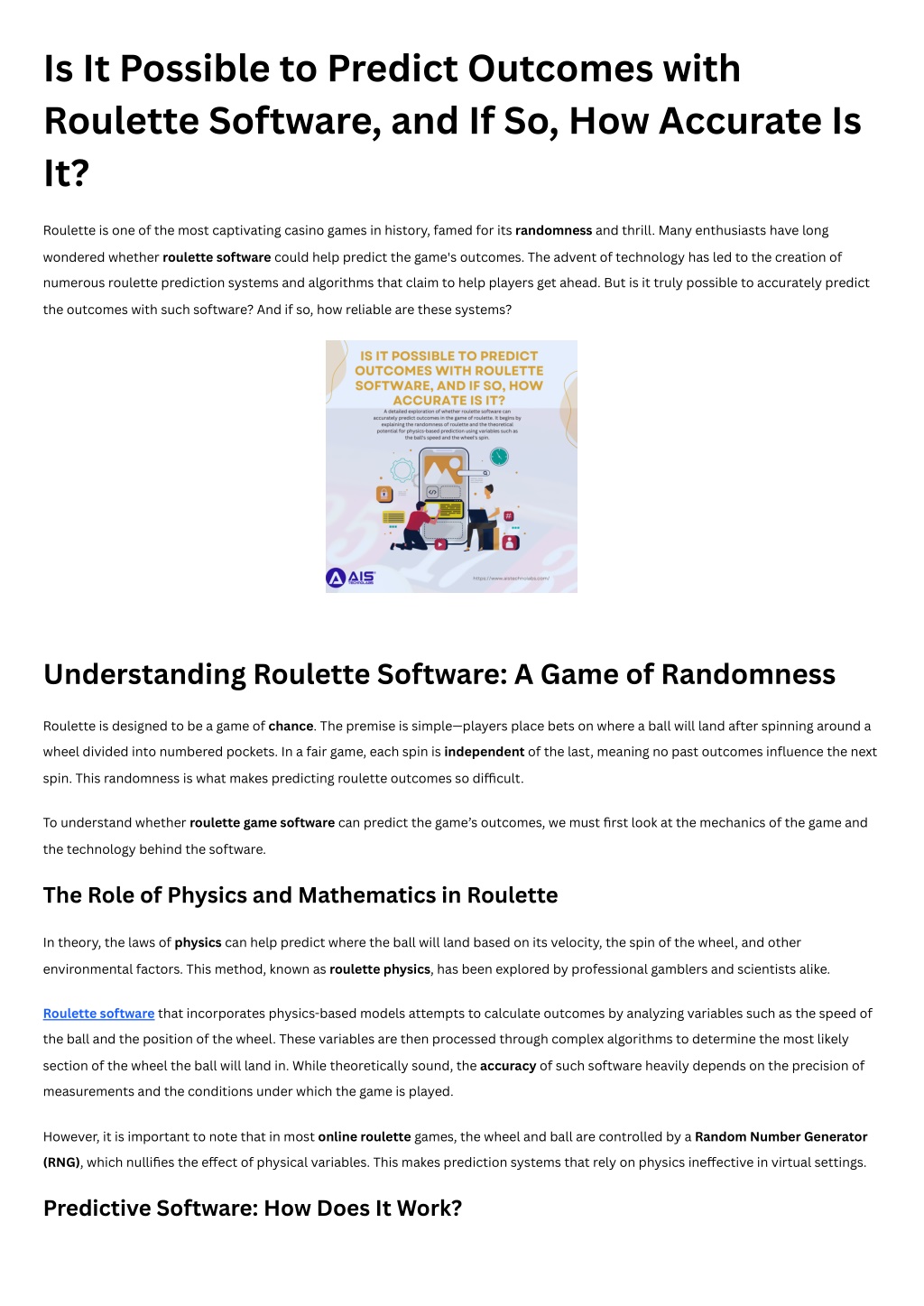
Is It Possible to Predict Outcomes with Roulette Software?
This article provides a detailed exploration of whether roulette software can accurately predict outcomes in the game of roulette. It begins by explaining the randomness of roulette and the theoretical potential for physics-based prediction using var
Download Presentation

Please find below an Image/Link to download the presentation.
The content on the website is provided AS IS for your information and personal use only. It may not be sold, licensed, or shared on other websites without obtaining consent from the author. Download presentation by click this link. If you encounter any issues during the download, it is possible that the publisher has removed the file from their server.
E N D
Presentation Transcript
Is It Possible to Predict Outcomes with Roulette Software, and If So, How Accurate Is It? Roulette is one of the most captivating casino games in history, famed for its randomness and thrill. Many enthusiasts have long wondered whether roulette software could help predict the game's outcomes. The advent of technology has led to the creation of numerous roulette prediction systems and algorithms that claim to help players get ahead. But is it truly possible to accurately predict the outcomes with such software? And if so, how reliable are these systems? Understanding Roulette Software: A Game of Randomness Roulette is designed to be a game of chance. The premise is simple players place bets on where a ball will land after spinning around a wheel divided into numbered pockets. In a fair game, each spin is independent of the last, meaning no past outcomes influence the next spin. This randomness is what makes predicting roulette outcomes so di?cult. To understand whether roulette game software can predict the game s outcomes, we must first look at the mechanics of the game and the technology behind the software. The Role of Physics and Mathematics in Roulette In theory, the laws of physics can help predict where the ball will land based on its velocity, the spin of the wheel, and other environmental factors. This method, known as roulette physics, has been explored by professional gamblers and scientists alike. Roulette software that incorporates physics-based models attempts to calculate outcomes by analyzing variables such as the speed of the ball and the position of the wheel. These variables are then processed through complex algorithms to determine the most likely section of the wheel the ball will land in. While theoretically sound, the accuracy of such software heavily depends on the precision of measurements and the conditions under which the game is played. However, it is important to note that in most online roulette games, the wheel and ball are controlled by a Random Number Generator (RNG), which nullifies the e?ect of physical variables. This makes prediction systems that rely on physics ine?ective in virtual settings. Predictive Software: How Does It Work?
Many roulette software tools are based on statistical models rather than physics. These tools attempt to exploit potential patterns or trends in the game's outcomes by analyzing large data sets from past spins. They use machine learning algorithms to identify sequences or anomalies that could give players an edge. One of the more popular techniques involves tracking biases in the roulette wheel. In brick-and-mortar casinos, physical imperfections in the wheel may cause the ball to land more frequently in specific areas. Roulette prediction software uses these biases to calculate the probability of certain numbers hitting more often than others. While detecting wheel bias has been e?ective in some cases, modern casino technology has improved significantly, making it harder to identify and exploit these flaws. Furthermore, casinos regularly replace and maintain their wheels to ensure that they remain unbiased. Random Number Generators and Online Roulette Software In the online gambling world, RNG-based roulette dominates. Here, the outcomes are determined entirely by computer algorithms that are designed to mimic the randomness of a physical wheel. Because these numbers are generated in a non-physical environment, physics-based prediction systems do not apply. RNG software operates by generating numbers in a virtually unpredictable sequence, given the complexity of modern encryption algorithms. As a result, the use of predictive roulette software is much less e?ective in online settings, as there are no physical patterns or biases to exploit. Challenges of Predicting Roulette Outcomes The central challenge in predicting roulette outcomes lies in the game itself. Roulette is structured to be inherently random. Even in cases where physical wheels may have minor imperfections, the degree of randomness introduced by the spin of the wheel and the bounce of the ball makes consistent prediction extraordinarily di?cult. Another key challenge is that most casinos are well aware of prediction software and have implemented countermeasures to prevent their e?ectiveness. For example, some casinos have introduced anti-prediction technology, such as frequent changes in wheel speed, ball size, and other unpredictable factors, to thwart any e?orts to game the system. How Accurate is Roulette Game Software? Given the randomness of the game and the countermeasures taken by casinos, roulette prediction software is far from foolproof. While certain software systems claim accuracy rates of up to 60-80%, these numbers should be approached with caution. The accuracy of such software is often overstated, and in most cases, the actual success rate is much lower. Moreover, casinos frequently monitor for unusual betting patterns that could indicate the use of prediction software. Players who consistently win due to such software risk being banned from the casino. Ethics and Legal Considerations The use of predictive roulette software raises important questions about the ethics and legality of such practices. In many jurisdictions, the use of devices to gain an advantage in gambling is considered cheating and is strictly prohibited. Casinos, both online and o?line, reserve the right to ban players who they believe are using unfair methods to influence game outcomes. Additionally, it is essential to be cautious when using any third-party software. Not all systems are created equally, and some may be outright scams designed to exploit hopeful players. Always verify the legitimacy and legality of any software before considering its use.
Conclusion: Can Roulette Software Accurately Predict Outcomes? In conclusion, while roulette software may o?er some potential for predicting outcomes, especially in physical casinos where wheel biases can occur, the accuracy of such predictions is highly variable. In online casinos using RNG-based roulette, prediction software becomes nearly useless, as the results are generated by sophisticated algorithms designed to ensure randomness. The allure of beating the roulette wheel with software may be strong, but the reality is that no software can guarantee consistent success in a game designed to be random. For most players, the best approach remains to play responsibly and enjoy the game for its excitement, rather than chasing impossible predictions.

